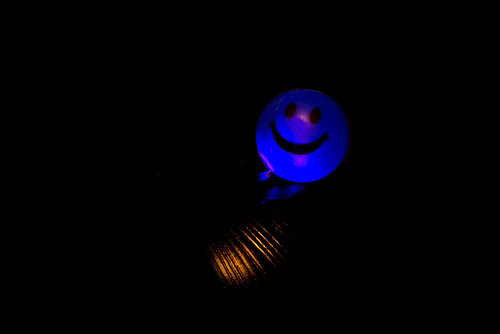“Mom, LOOK!” shrieks the bouncing fourth-grader, waving a flier under your nose. “It’s time to sign up for _________.” (circus camp, music lessons, archery)
A parental ‘deer in the deadlights moment,’ for sure. How do you balance an already over-packed schedule, a child’s enthusiasm and time at home? After all, until we get used to it, any new activity takes up a lot of space.
Children think about new uniforms and teammates. Parents wonder about sign-ups, physicals, practice schedules, transportation, equipment, fund-raising, banquets and whatever else will be asked. And, while most of us would like our kids to have a wide range of experiences, it’s not always possible to enroll them in everything that appeals to them.
What happens when you do give in to a child’s begging only to discover that he doesn’t like it as much as he thought he would? Or, that she doesn’t really have a knack for it? And, now that you’ve got the ‘support structure’ in place, they want to quit the team? What’s a parent to do when they find that a child is floundering in a new activity?
It’s can be a tough call. Before they leave a troublesome or difficult activity behind, is there something that they can learn that will help them to do better the next time? Is there potential benefit in participating without being a ‘star’?
Sometimes the real trophy is the character-building that comes with warming a bench and leading the cheers. The opportunity to learn to maintain a positive attitude when they’re rather be doing something else may be well-worth all the carpools, extra laundry and snack schedules combined.
Related articles



